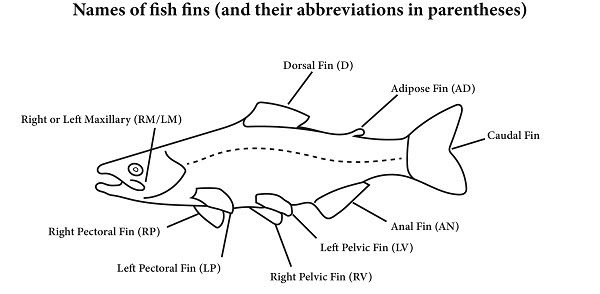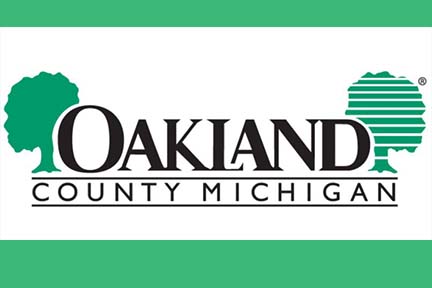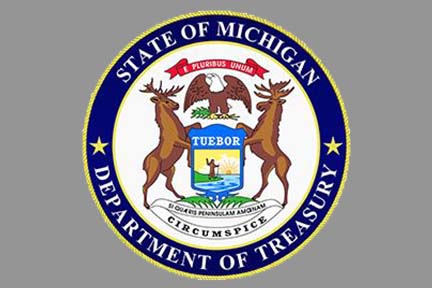
Nearly $100 Million to Support Vibrant Communities

FOR IMMEDIATE RELEASE
October 5, 2023 Contact: [email protected]
Gov. Whitmer Awards Funding to Support Vibrant Communities and Encourage Population Growth, nearly $100 Million Awarded
LANSING, Mich. – Today, Governor Gretchen Whitmer joined the Michigan Economic Development Corporation (MEDC) in announcing approval of $99.2 million in grant funding for projects across Michigan’s 10 prosperity regions through the Revitalization and Placemaking Program (RAP 2.0).
“Today’s grants underscore our commitment to the people, places, and projects that are integral to the growth of Michigan’s economy,” said Governor Whitmer. “These investments will help create vibrant places that attract and retain talent, add new housing options, enable business creation and attraction, and provide resources for Michiganders and our communities. I will work with anyone and do anything to continue getting things done for our state.”
“When state and local partnerships are strong, we are able to do some incredible things for the people of Michigan,” said Senate Majority Leader Winnie Brinks (D-Grand Rapids). “With this infusion of dollars directly into our communities, our neighborhoods will become even more attractive places for folks to move to and put down roots. I’m proud that we were able to deliver these funds that will create meaningful change in our state. There’s momentum in Michigan and we’re going to keep working hand-in-hand with partners across the state to bring new energy and attention where it’s needed.”
“Helping build safe and strong communities is a priority for House Democrats,” said Speaker Joe Tate (D-Detroit). “These investments represent opportunity and much needed revitalization to help grow our local communities and strengthen our neighborhoods. The state’s partnership with local communities to repurpose buildings, improve local infrastructure and breathe new life into downtowns helps build a stronger Michigan.”
“I was proud to vote for new laws like the American Rescue Plan that are helping to invest in our communities. This federal grant funding will help make mid-Michigan an even better place to live, work and raise a family,” said Congressman Dan Kildee (MI-08). “In Congress, I will continue working with Governor Whitmer to grow our state’s economy and support Michigan.”
RAP 2.0 is deploying $100 million in state funding to address the COVID-19 impacts and community revitalization needs in Michigan communities to invest in projects that enable population and tax revenue growth through rehabilitation of vacant and blighted buildings and historic structures, rehabilitation and development of vacant properties, and development of permanent place-based infrastructure associated with social zones and traditional downtowns, outdoor dining, and place-based public spaces.
The original RAP program awarded $83.8 million in federal American Rescue Plan dollars in September 2022. This second iteration of the impactful program, RAP 2.0, received an appropriation of $100 million in the budget supplemental SB 7 signed by Gov. Whitmer in February 2023.
Administered by MEDC, this program provides access to real estate and place-based infrastructure development gap financing in the form of grants of up to $5 million per project for real estate rehabilitation and development, grants of up to $1 million for public space place-based infrastructure per project, and grants of up to $20 million to local or regional partners who develop a subgrant program.
With the RAP 2.0 Program, the MEDC partners with local communities to support community revitalization needs across Michigan by investing in projects that promote population and tax revenue growth. These investments will help create the environment necessary to attract and retain talent, add new housing options, enable business creation and attraction, and provide resources for Michigan citizens and communities that make the state a better place to live.
The range of projects awarded across the state highlights the importance of placemaking in supporting the growth and vibrancy of Michigan’s communities.
Today’s grants were allocated in three categories:
Public Space Place-Based Infrastructure Awards:
Total Public Space Place-Based: $11,868,415
East Ludington Streetscape project, Escanaba
Among the Public Space Place-Based Infrastructure Project awardees is the City of Escanaba, which will receive $330,000 for the East Ludington Streetscape project.
“Escanaba is making a huge effort to update our infrastructure, to revitalize our Downtown, and to work together between local departments and state agencies. This is a really exciting opportunity to coordinate efforts and springboard further developments throughout Downtown,” said Craig Woerpel, Escanaba DDA Director.
Real Estate Development Project Awards:
|




 Secretary of State Jocelyn Benson testifies on legislation during a Senate Transportation & Infrastructure Committee hearing on Oct. 3, 2023 in Lansing.
Secretary of State Jocelyn Benson testifies on legislation during a Senate Transportation & Infrastructure Committee hearing on Oct. 3, 2023 in Lansing.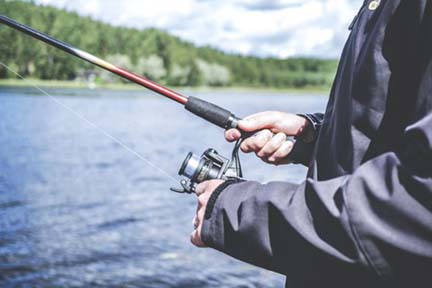

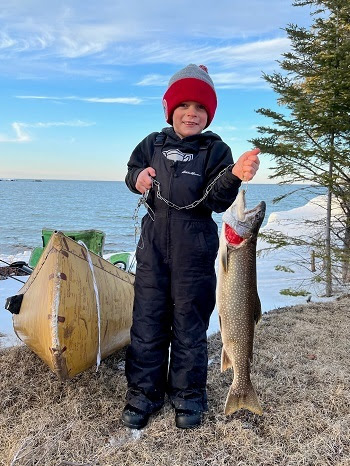 Many anglers say fall fishing for splake on Lake Superior is an experience unparalleled anywhere else in Michigan. When temperatures begin to drop and leaves start to turn, the splake bite picks up as the fish move nearshore.
Many anglers say fall fishing for splake on Lake Superior is an experience unparalleled anywhere else in Michigan. When temperatures begin to drop and leaves start to turn, the splake bite picks up as the fish move nearshore.
